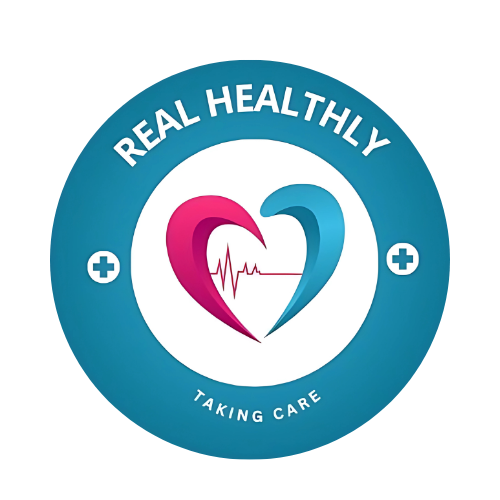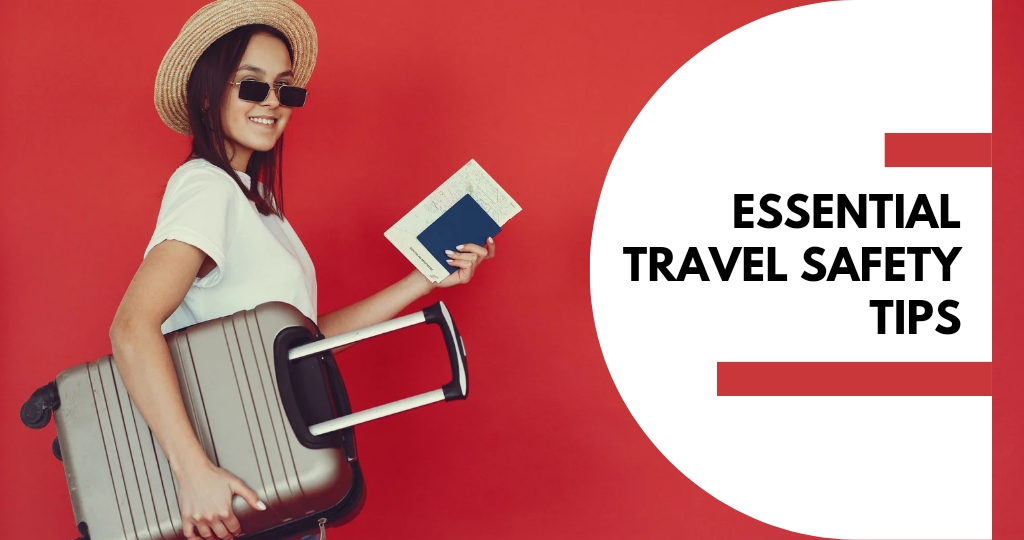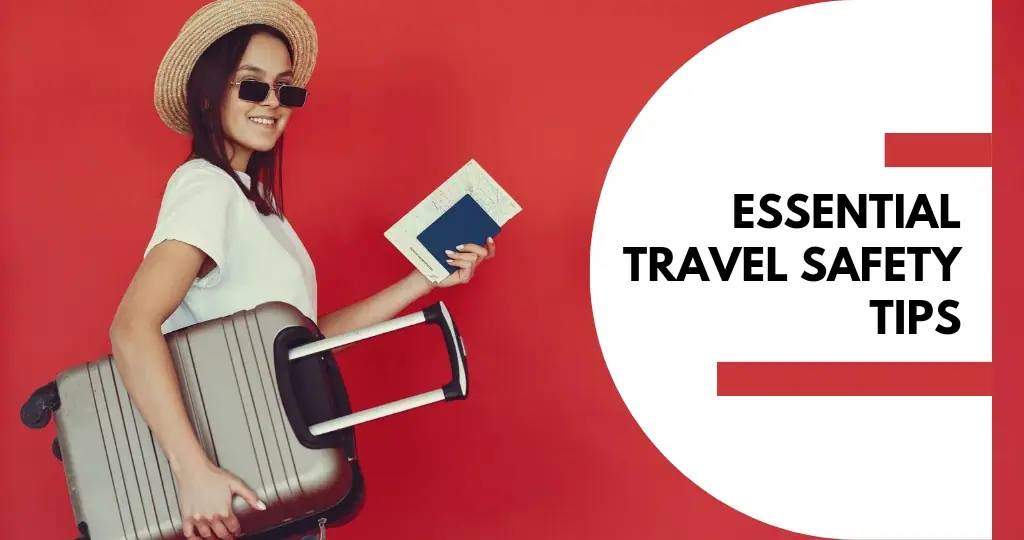Taking appropriate steps ensure that your health does not intrude on your holiday. Here are some smart tips for a trouble-free trip. This will save your time and money if take these tips for safe holiday trip.
Most useful holiday travel safety tips:
- Vaccinations are required by some countries for entry. You need to be vaccinated for entry to some countries. Make sure that you are up to date with all your vaccinations.
- Health and travel insurance is the vital for domestic and international travel. Understand your policy, determine what coverage your plan offers, how to seek prior authorization for international care, how to make a claim after an emergency.
- Keep all drugs in their original bottles so that their names are known and they can be reviewed in an emergency. Pack syringes with the drugs that dispensed within. Tuck in an extra supply in a carry bag in case your checked in bags go missing.
1. Blood clots:
These occur when people sit for long periods during air, rail, bus or car travel. They attack older people, the overweight, smokers, those with varicose veins, are on estrogen, have undergone surgery recently, or have had blood clots previously, have been bed-ridden.
Blood clots form in the leg or pelvic veins and occasionally dislodge and travel to Lungs. Some blood clots in the legs do not cause symptoms, whereas others cause swelling, cramping and color changes of the calves and feet. It is more serious in the Lungs. You may feel breathless, have chest pain and faint. The risk is the greatest on flights that last longer than 3 hours, when you are packed into Economy class seats , that provide little room for movement.
What to do:
Move around to rev up your circulation while in transit. Get an asile seat, change positions, straighten and shift your legs, walk up and down the asile every half an hour. Drink plenty of liquids and skip that before dinner cocktail and post prandial coffee. Crossing your legs can decrease leg circulation. Elastic support stockings improve circulation in the legs.
2. Dehydration:
You can get dried out because of the low humidity in airplane. It affects older people and those suffering from diabetes and taking diuretics with symptoms like itching eyes, uncomfortably dry nasal passages, light headaches, drowsiness, dry skin, confusion.
What to do:
Drink plenty of water and juices, and go easy on alcohol which further dehydrates you by speeding the fluids through your system. If you wear contact lens, it is a good idea to switch to spectacles temporarily. Use plenty of moisturizer, even inside the nostrils. Use lubricant drops in your eyes.
You May Like To Read More: Tips for Healthy Sleep Habits
3. Ear Pressure:
As an aeroplane takes off, the cabin pressure plummets and small pockets of air trapped in sinusus and middle ear, expand leading to ear pressure, ear “popping” and mild sinus discomfort. As an airplane descends, cabin pressure increases and it all happens again. They go away as air pressure in the sinuses and ears equalize with cabin pressure.
What to do:
Chewing gum, swallowing frequently or yawning aall all activate the muscle that opens your eustachian tubes – the tiny channels between your nasal passages and your middle ear. However, if you are got a head cold and sinus trouble, your eustachian tubes are likely to be blocked by the swollen membranes in your nose esp during decent. Kids are particularly susceptible to the pain of unequal pressure. Make them chew gum, suck hard candy or drink something during take off and decent.
4. Fear of flying:
It is based on a claustrophobia or feeling of helplessness and worries about medical conditions worsening during flight. It can cause insomnia, making jet lag worse.
What to do:
Having a cheerful companion who does not scoff at your jitters, can help. So you can do certain things like – deep breathing, meditation, visualizing a happy scene or take anti anxiety drugs.
5. Motion Sickness:
Motion sickness happens during air, sea, rail, bus or car travel when the brain receives contradictory information from its motion sensors – the eyes, the inner ear, the muscles. It is triggered by turbulence and vibration and is aggravated by warmth, hunger, binging.
What to do:
You can minimize the effects before and during travel by moderating intake of food, fluids, choose a seat where the motion is felt least – in the front of a vehicle, never the wheels, in the center of airplane, near the wing, cabin in the middle of ship close to water level. Don’t read and sit by an open window or air vent. Try ginger and chew during travel.
6. Jet lag:
It is common with air travel across more than 3 time zones. It does not occur with sea, rail or car travel because you have time to adjust to time zone change. Symptoms are fatigue, but normally, teamed with irritability, insomnia, headache, difficulty concentrating.
What to do:
Adjust sleep and wake times by an hour back or forward for 2 days before departure to coincide with those of your destination. In flight drink plenty of fluids and avoid caffeine and excessive alcohol.
Common Medical Conditions To Take Care In Holiday Trip:
Diabetes:
Monitor your blood sugar levels frequently, and adjust your food and drug doses. Pack sweets, juice, biscuits, fruits to take when sugar levels are low. If you are going across time zones of more than a few hours, consult your doctor about how to schedule your medication, specially if you are on insulin. You can carry insulin without refrigerator for many days as long as you keep it out of extreme heat.
On arrival check your blood sugar frequently, because you will be on different activities and diet. Try to stay with established meals, although you may be tempted to taste new foods and to eat more frequently.
Lung Diseases:
If you have lung cysts, severe emphysema, pleural effusion, recent lung collapse get your doctor’s approval before you fly.
If you need supplemental oxygen on the place, ask the airline to provide it because you can not carry oxygen in any form abroad. Travel at high altitudes may present special problems because there is less oxygen available than at sea level. So, take the precautions that is necessary if you would fly in high altitudes.
Handicapped:
Book your trip and wheel chair early and travel at off-peak hours. Tell the airline whether you can stand or walk at all, or will need to lie prone and require a stretcher. Ask whether you will be taken in first or last.
If you can not walk at all you may need to limit your luggage and limit your liquids because airline loos are not accessible to wheel chairs.
Pregnancy:
Pregnancy generally is not affected by travel. But if you are close to your due date and if you are at risk of miscarriage, premature delivery or placental abruption you should avoid flying and travelling for long distances.
If you are going on a long trip, take precautions to reduce the risk of blood clots, by walking around in a airplane and stop to take short walks during a long drive. Drink plenty of fluids too. Fasten your seat belt over your thighs, not abdomen, to prevent injury to to foetus. Be vigilant about hand washing.
Heart disease:
Do not travel at all if you have angina, heart failure, rhythm disturbances, a heart attack within two months is that cause pain and discomfort at rest or with slight exertion.
Carry a copy of recent ECG. If you have a pacemaker, implantable defibrillators or coronary stent carry a card or a doctor’s letter documenting the presence, location and characteristics of the device. An implanted metal device may trigger an alarm as you pass through security. Do not stand in walk-through metal detectors for more than 15 seconds, and avoid contact with a hand-held metal detector for more than five seconds.
Ask for low sodium, low fat meals on flights or on cruises.
You May Like To Read More:



1 thought on “Holiday Travel Safety Tips”